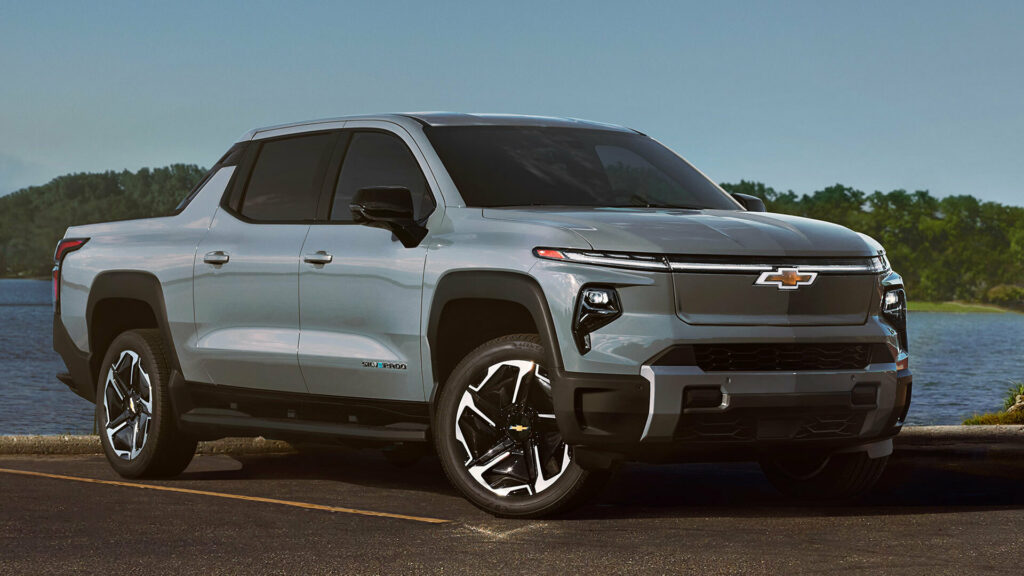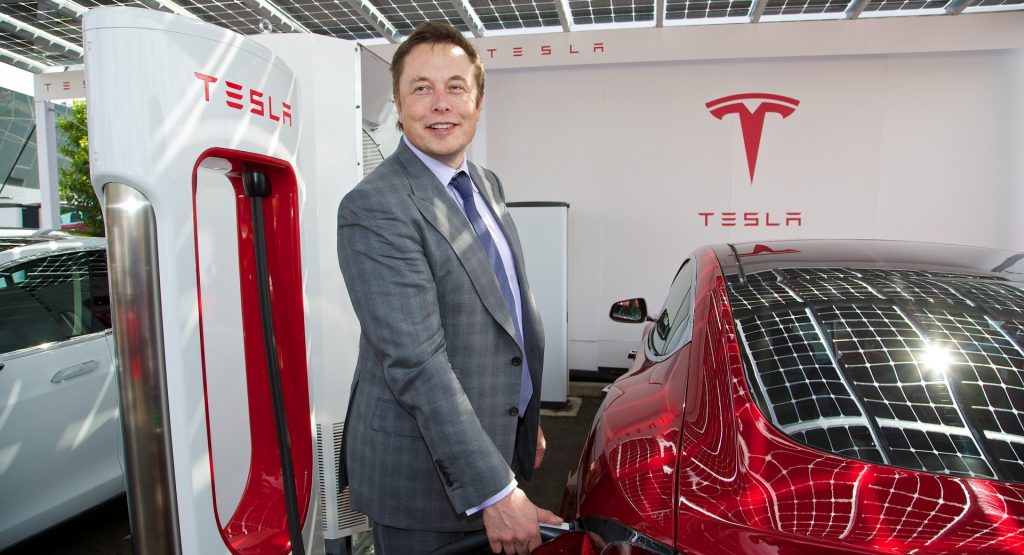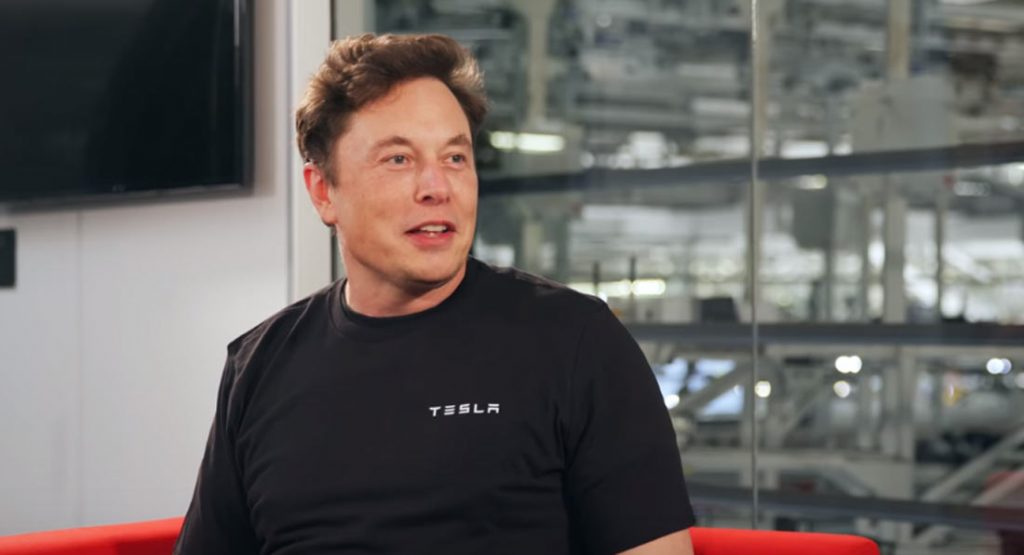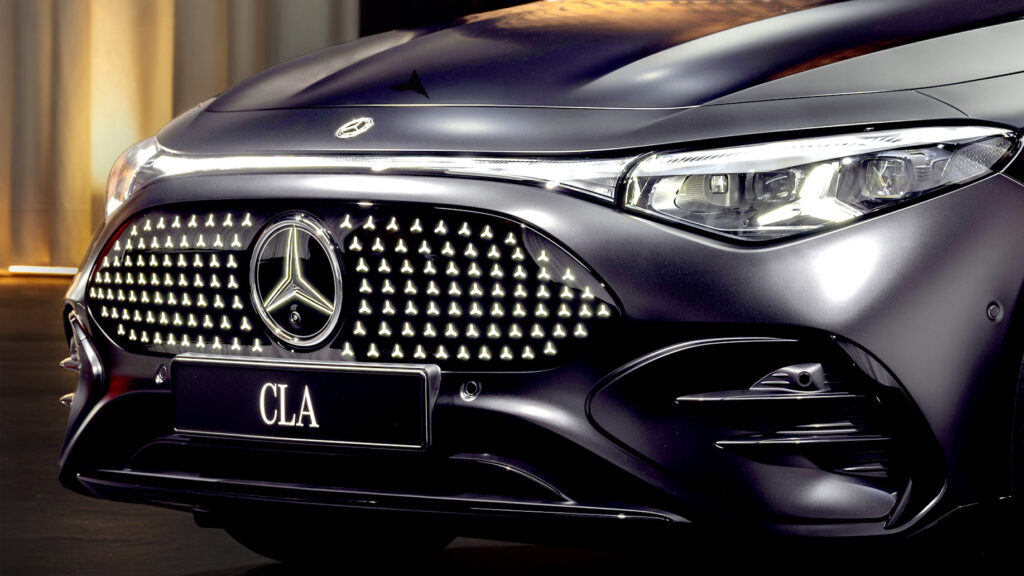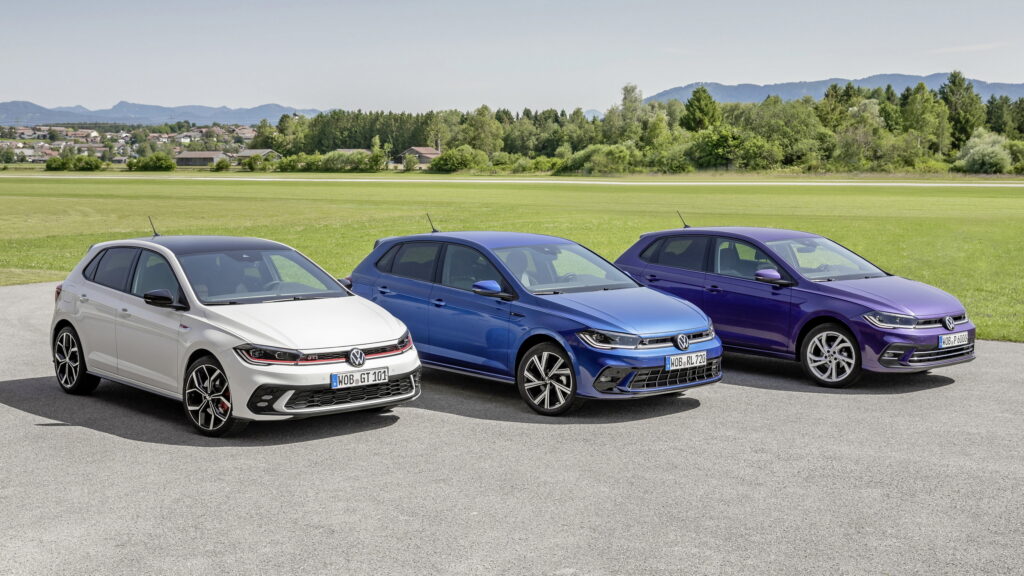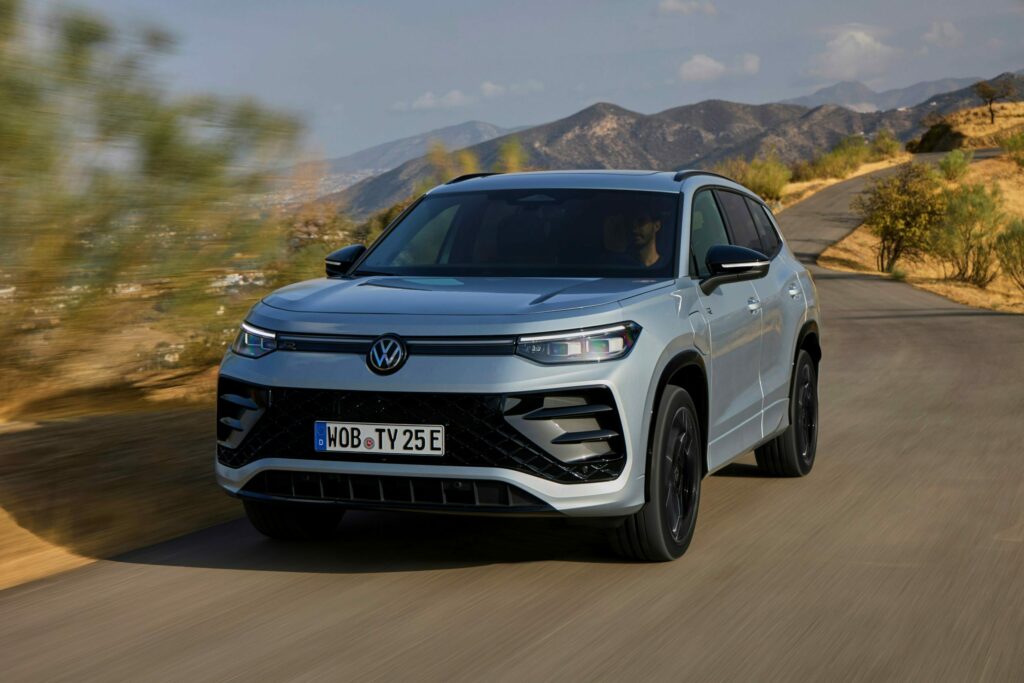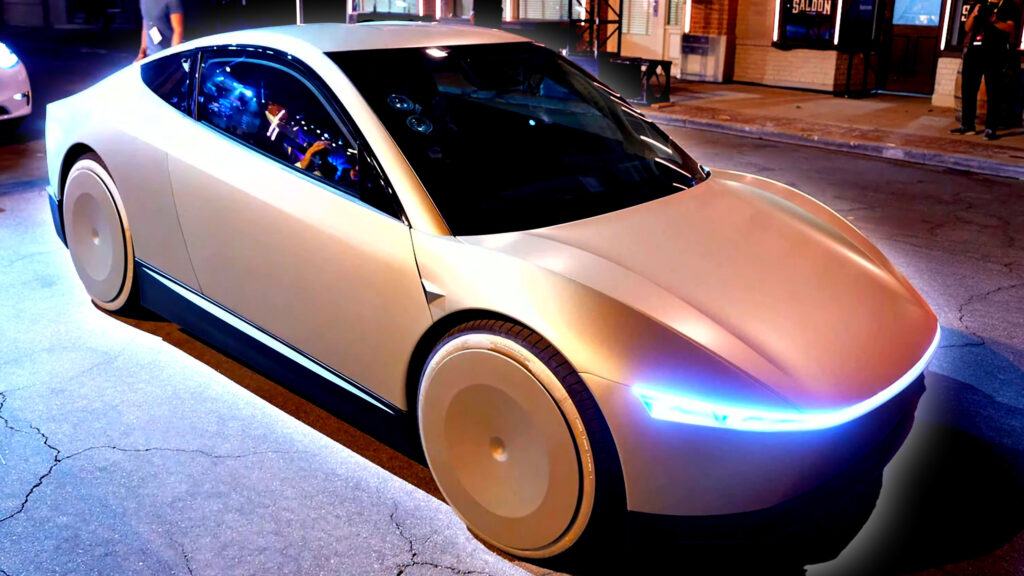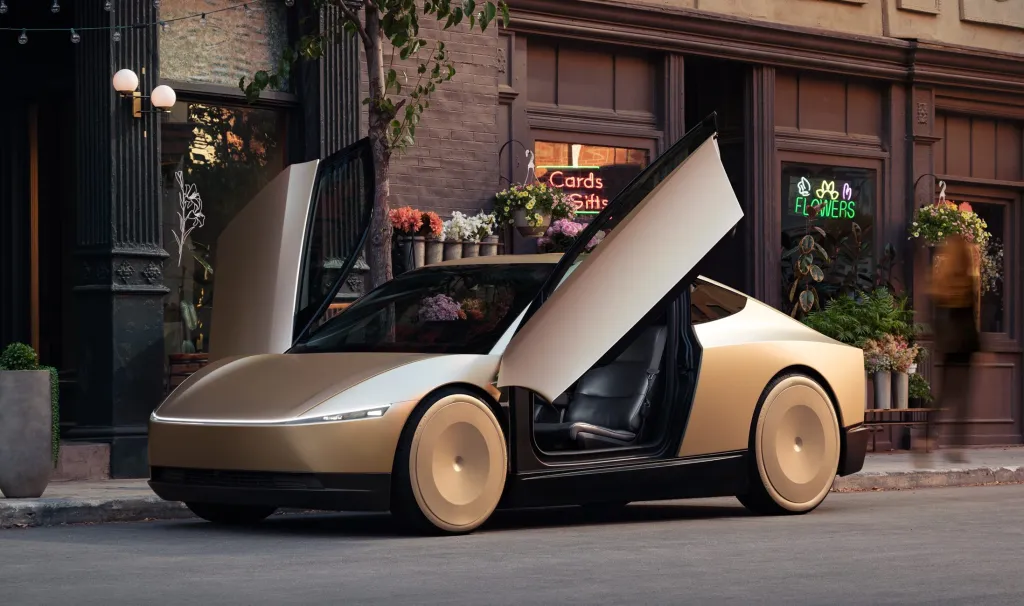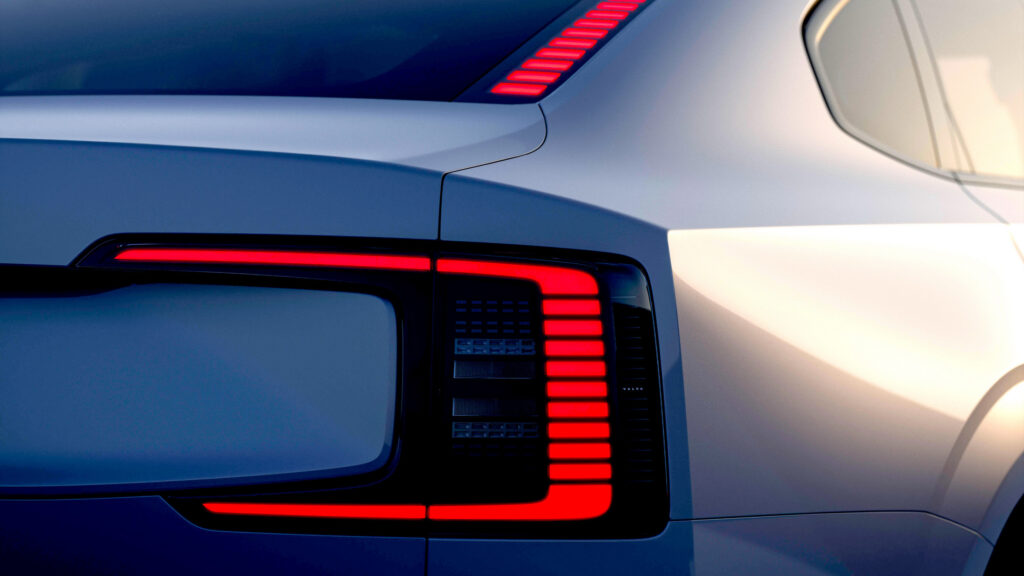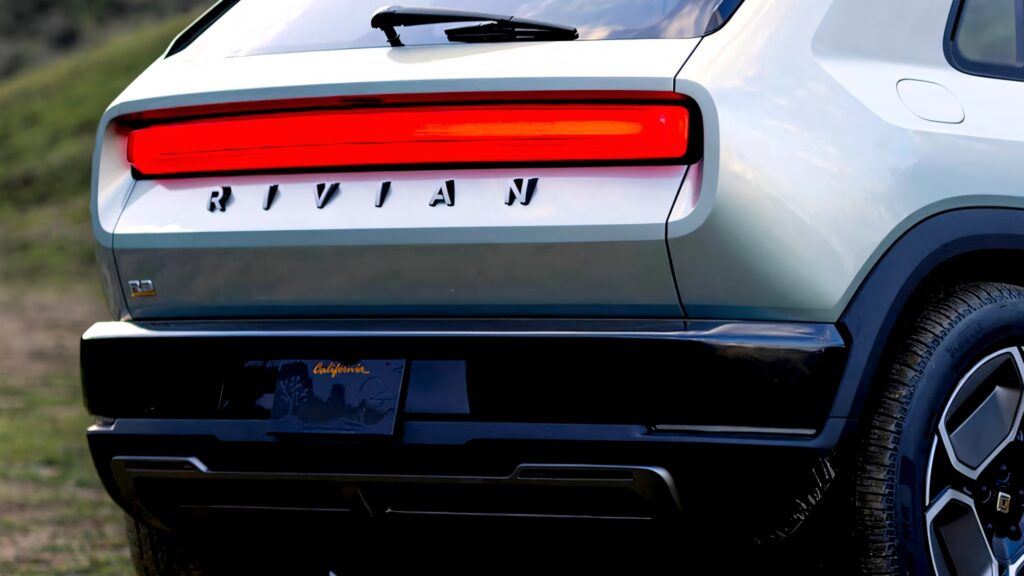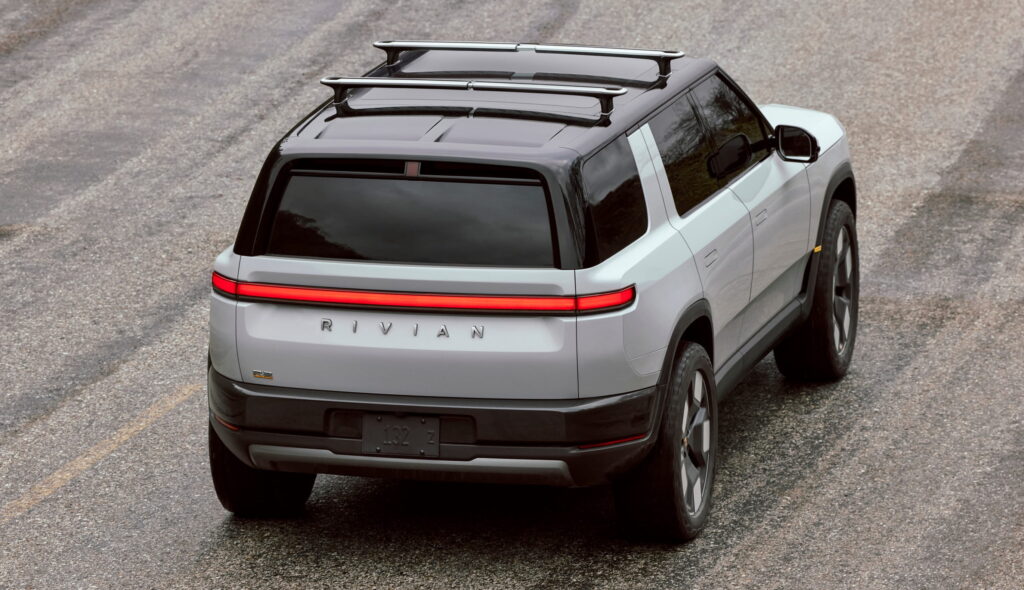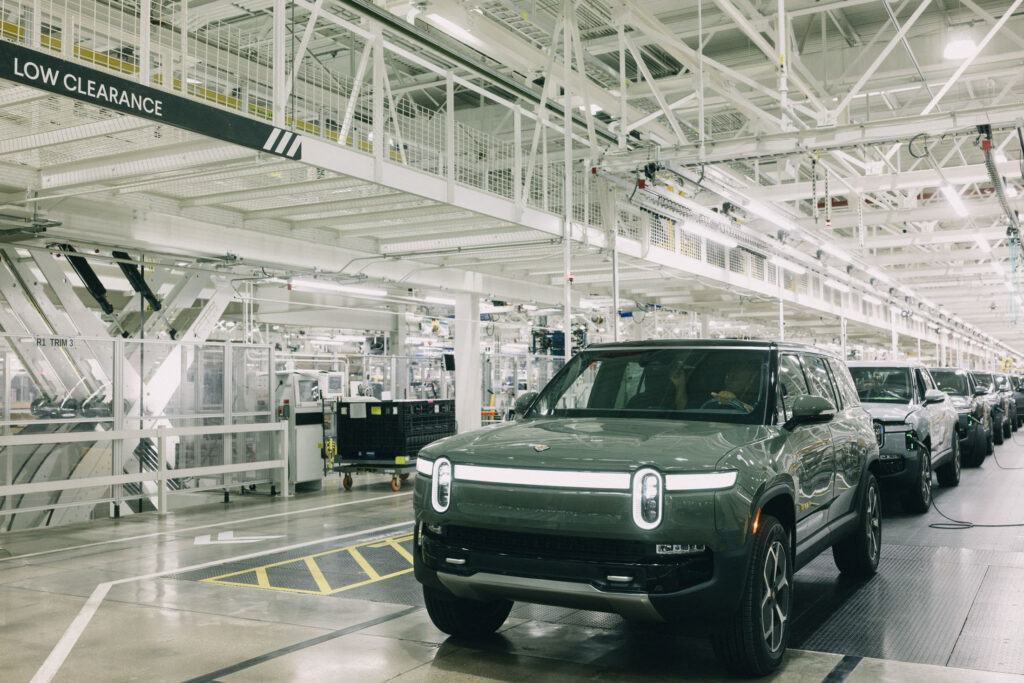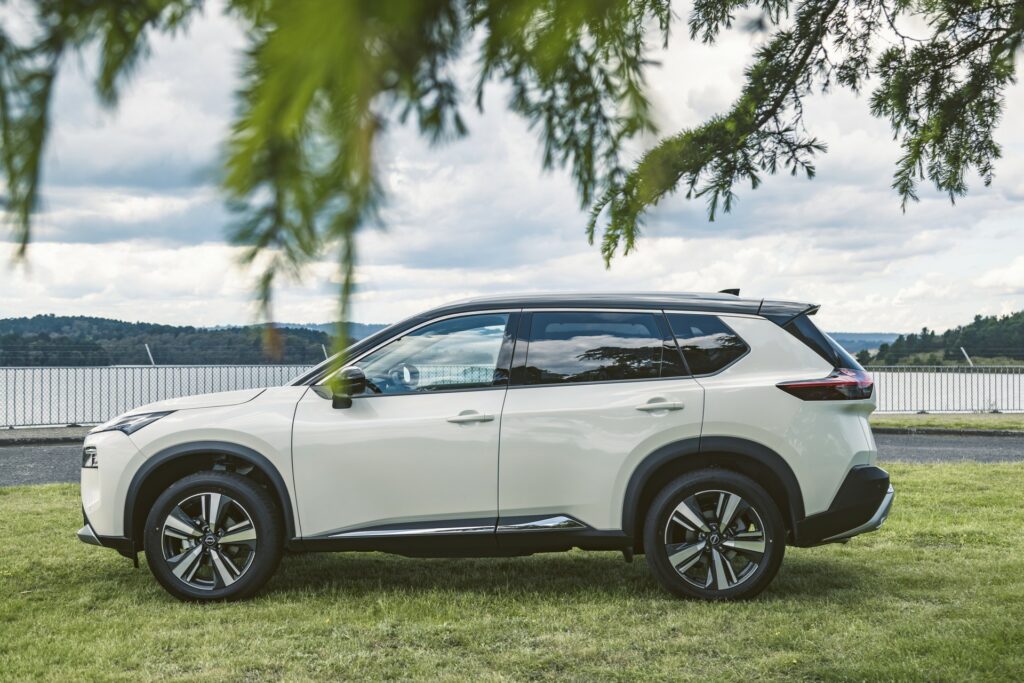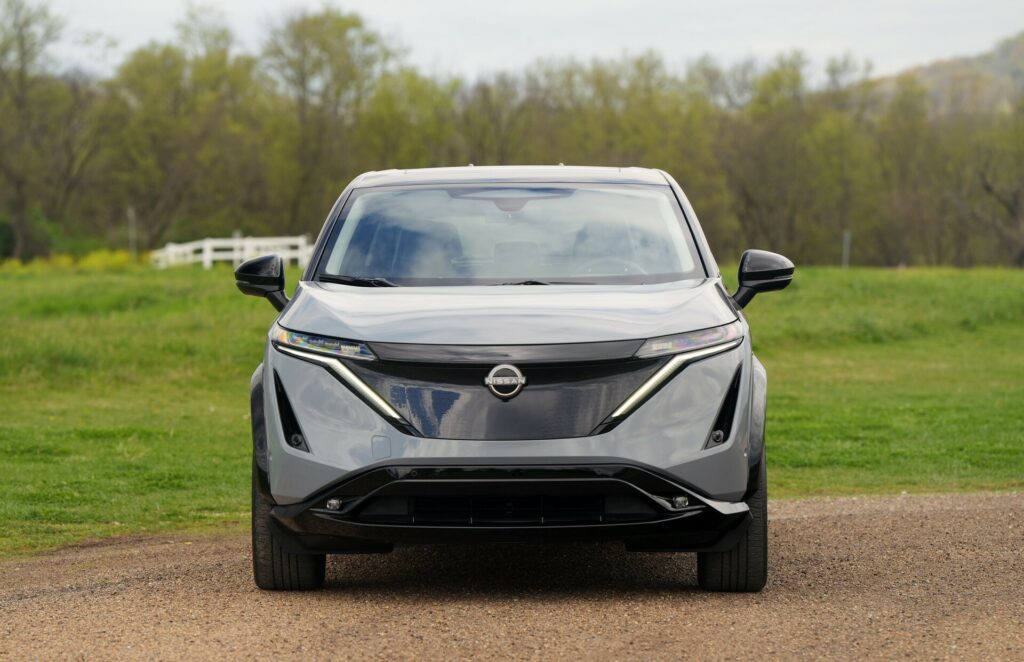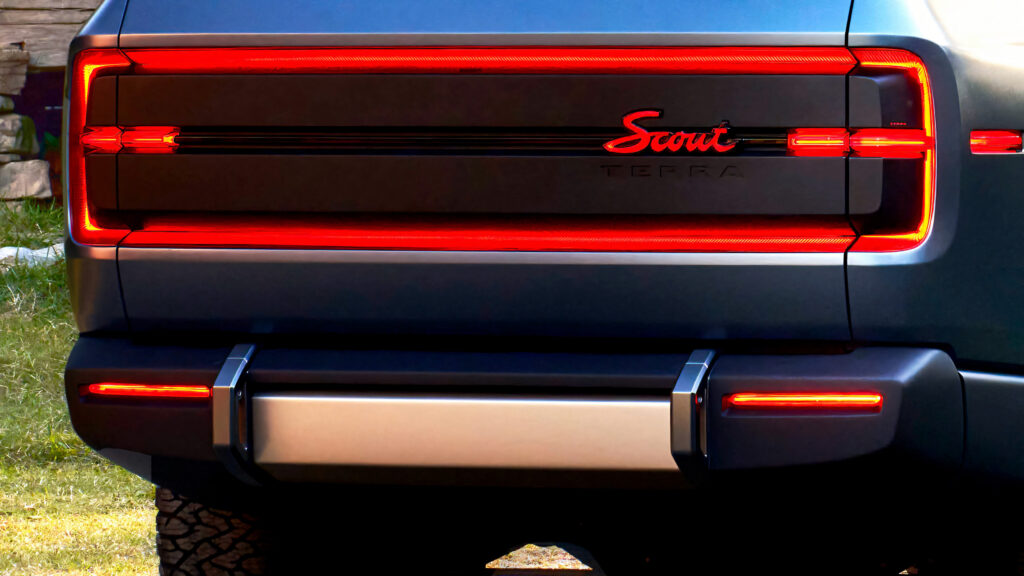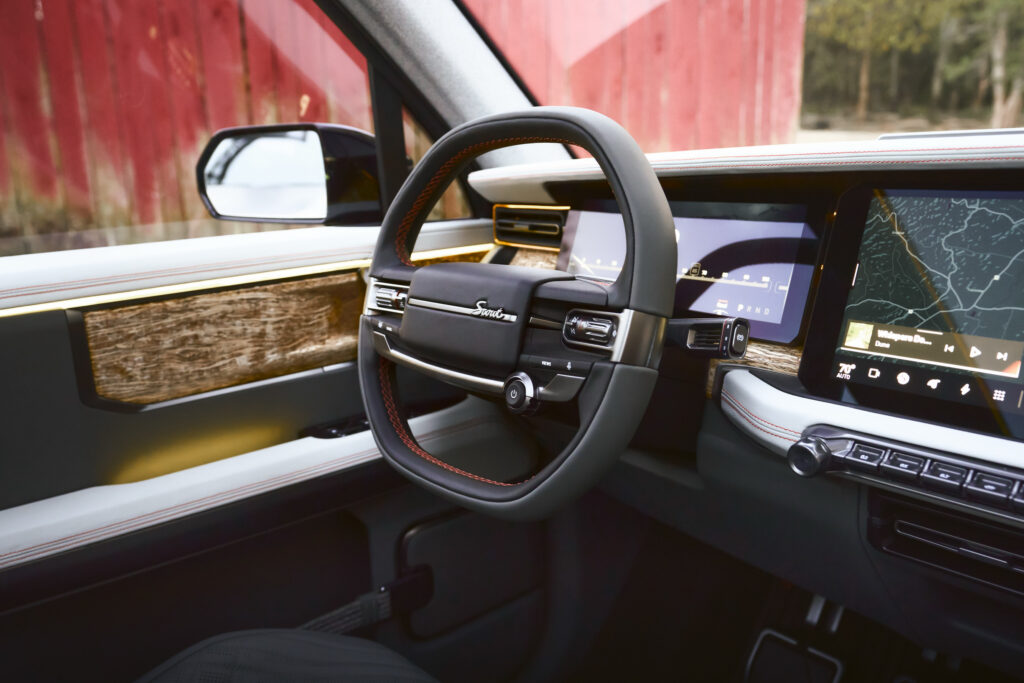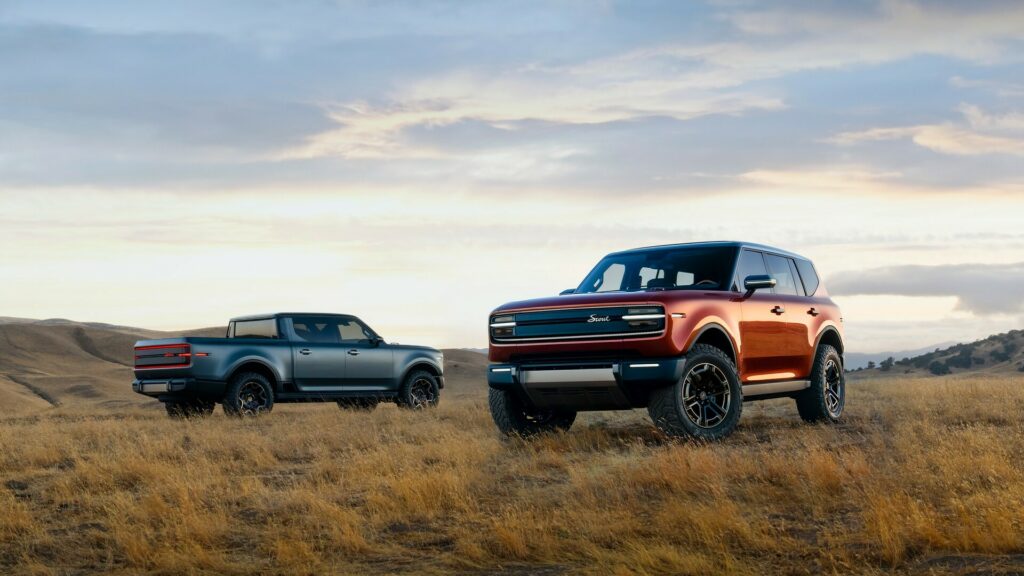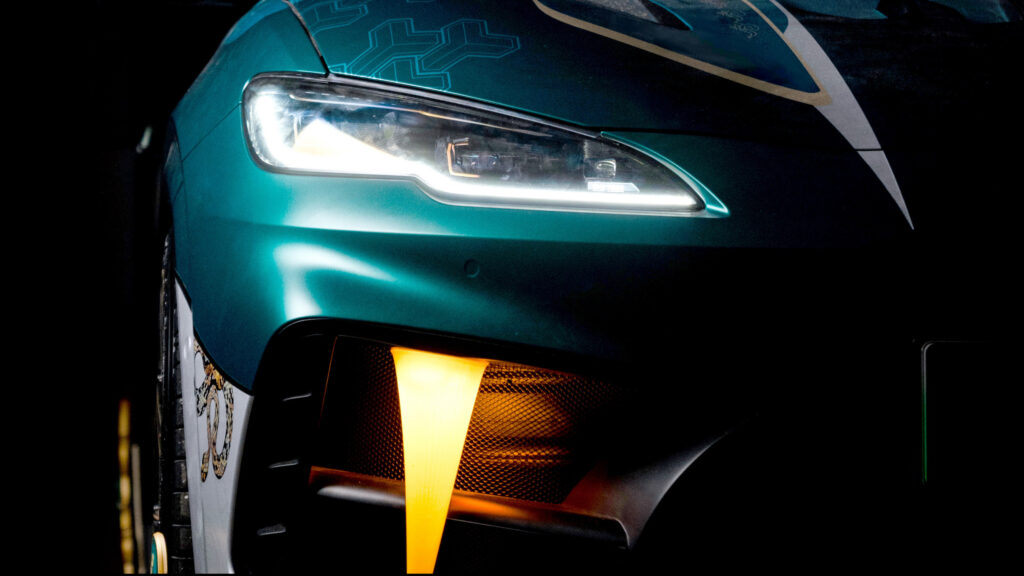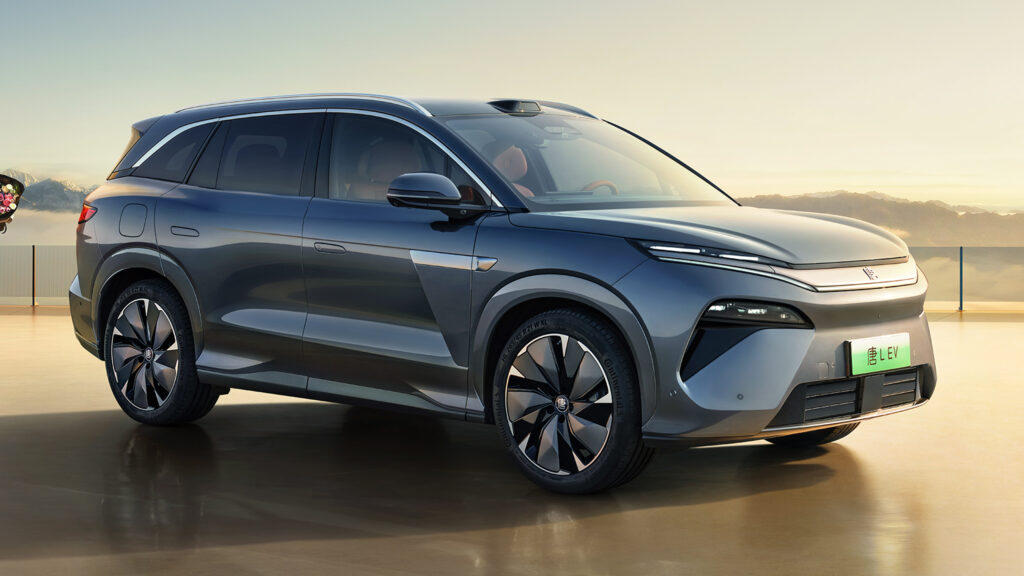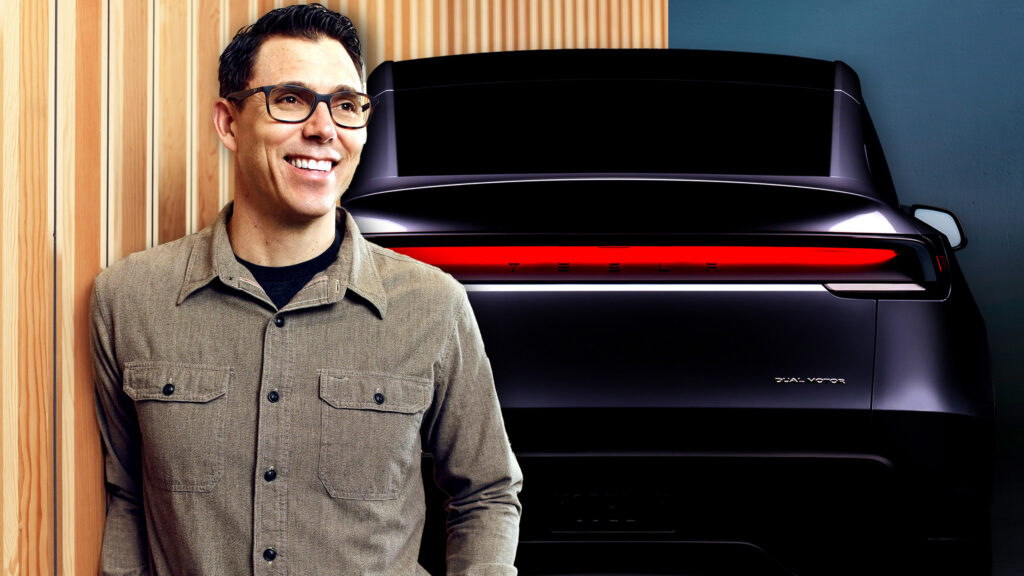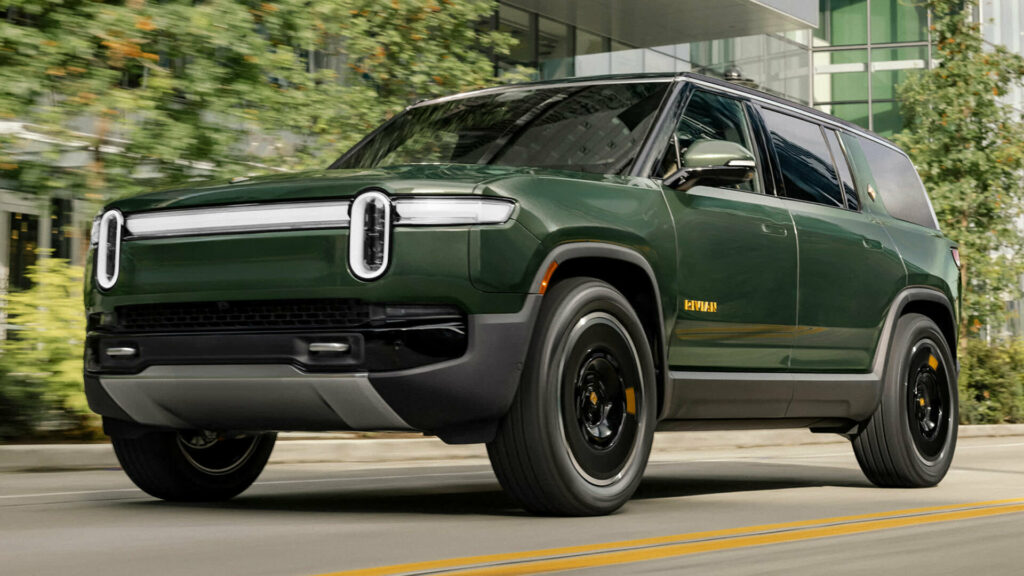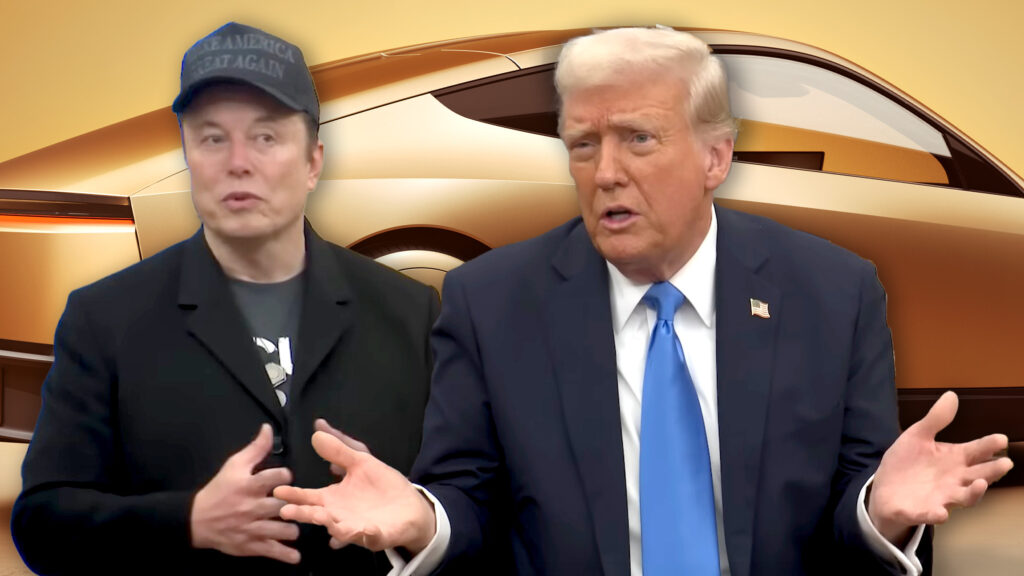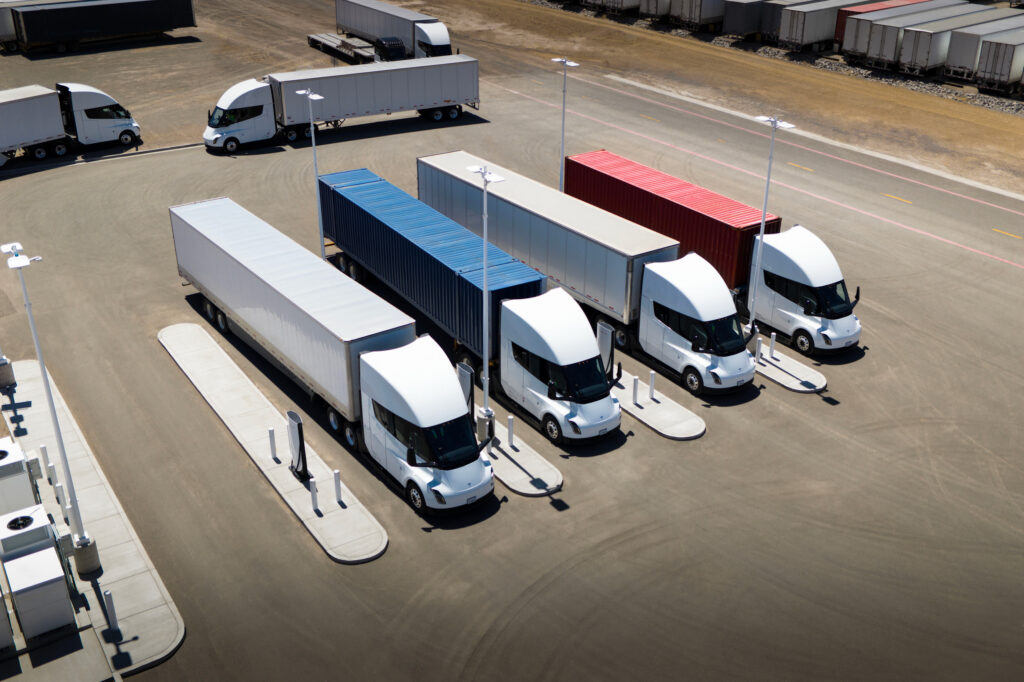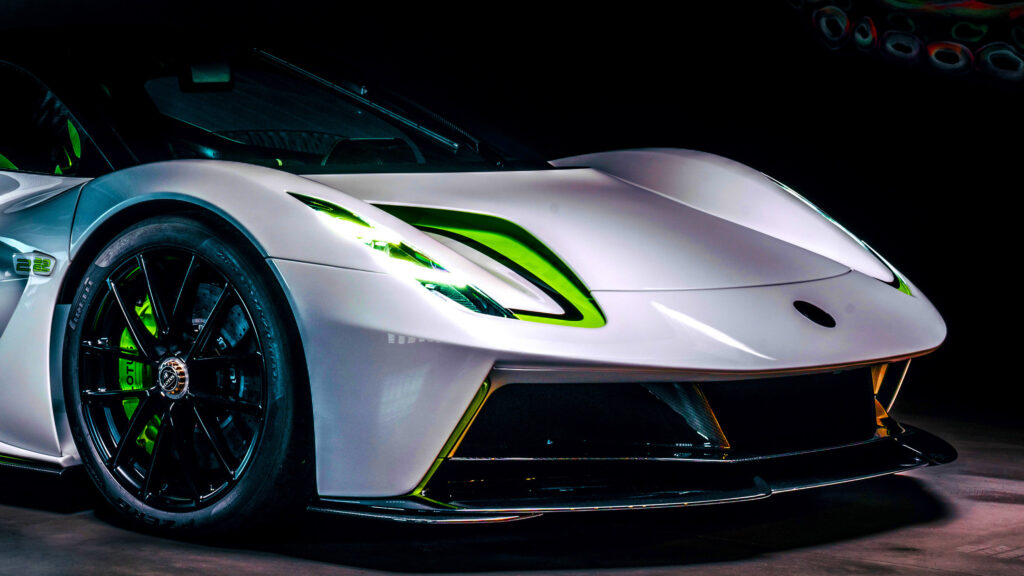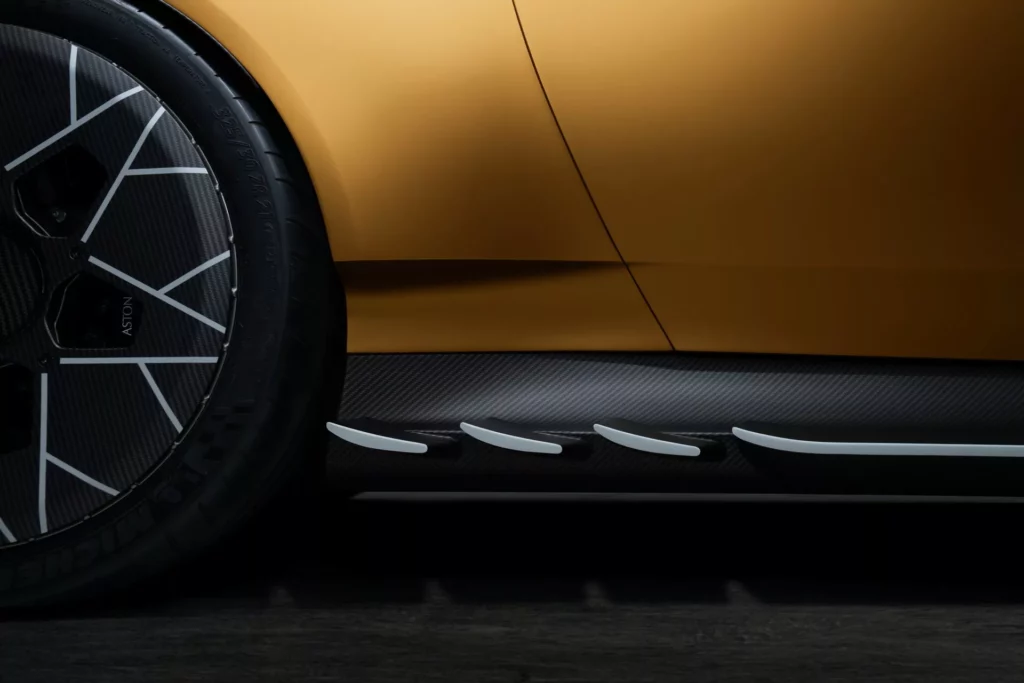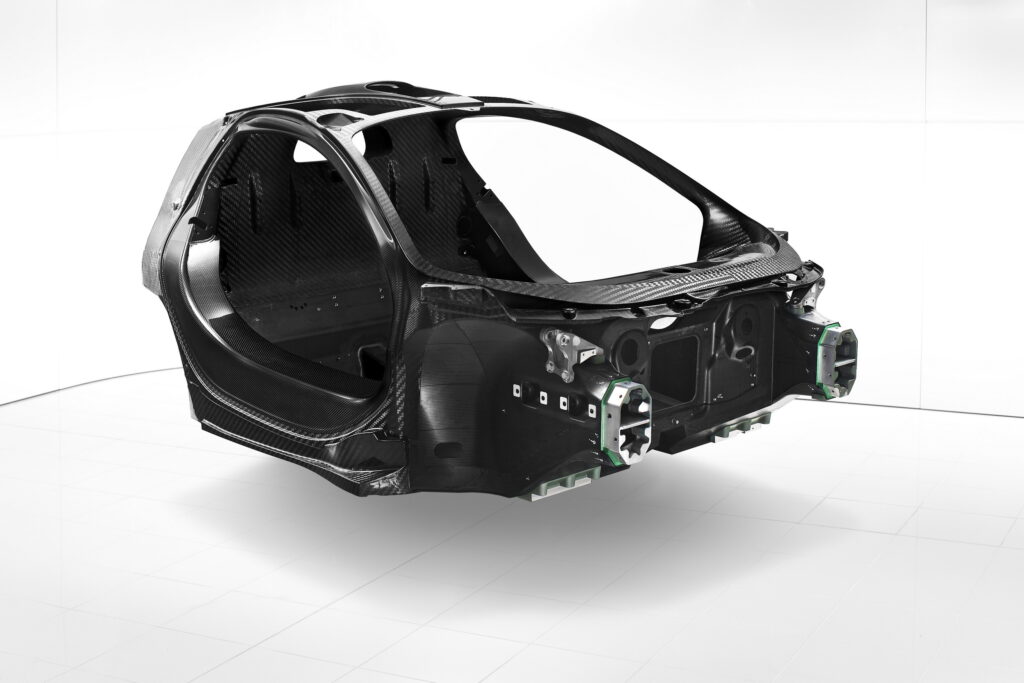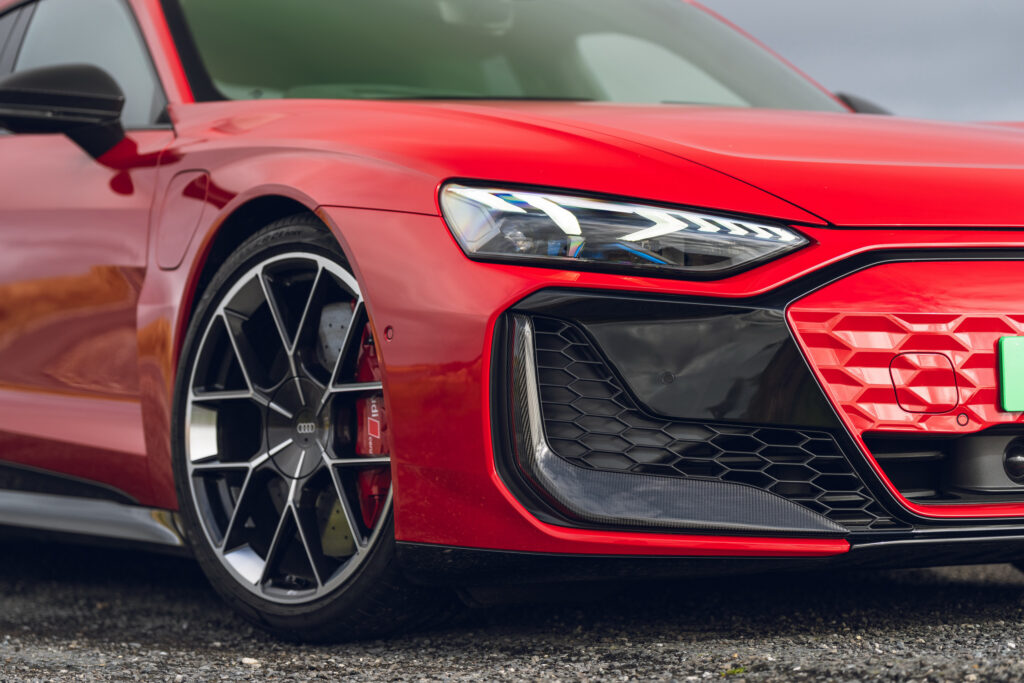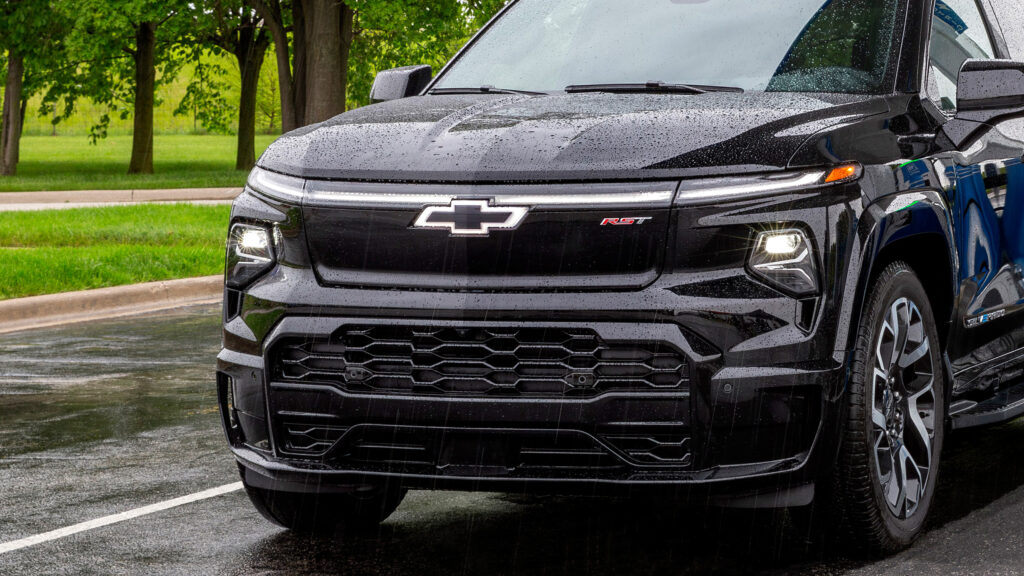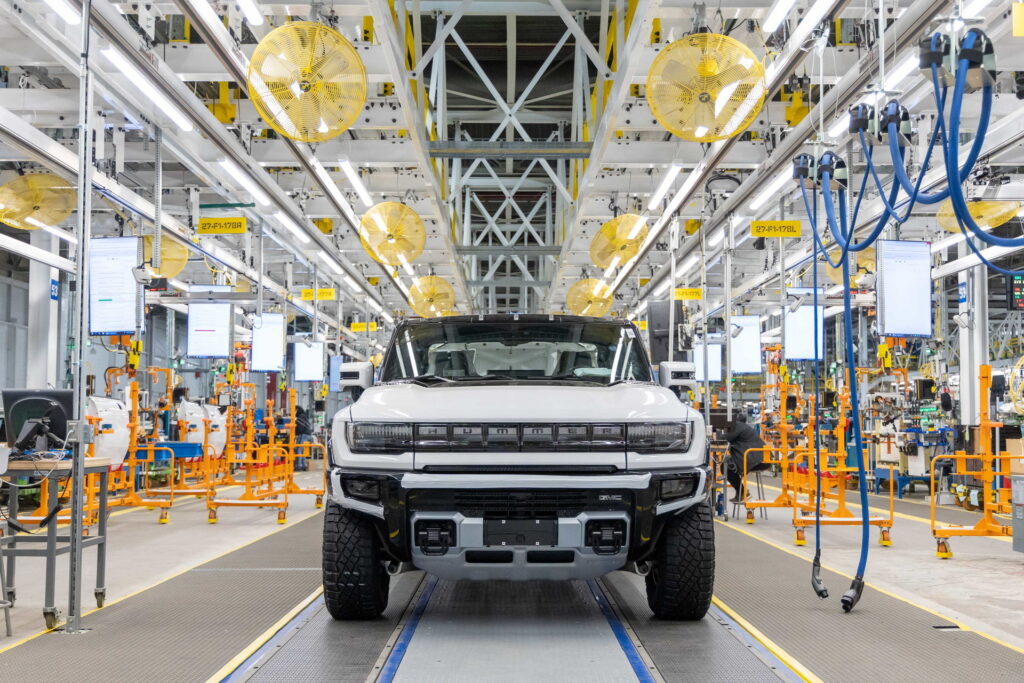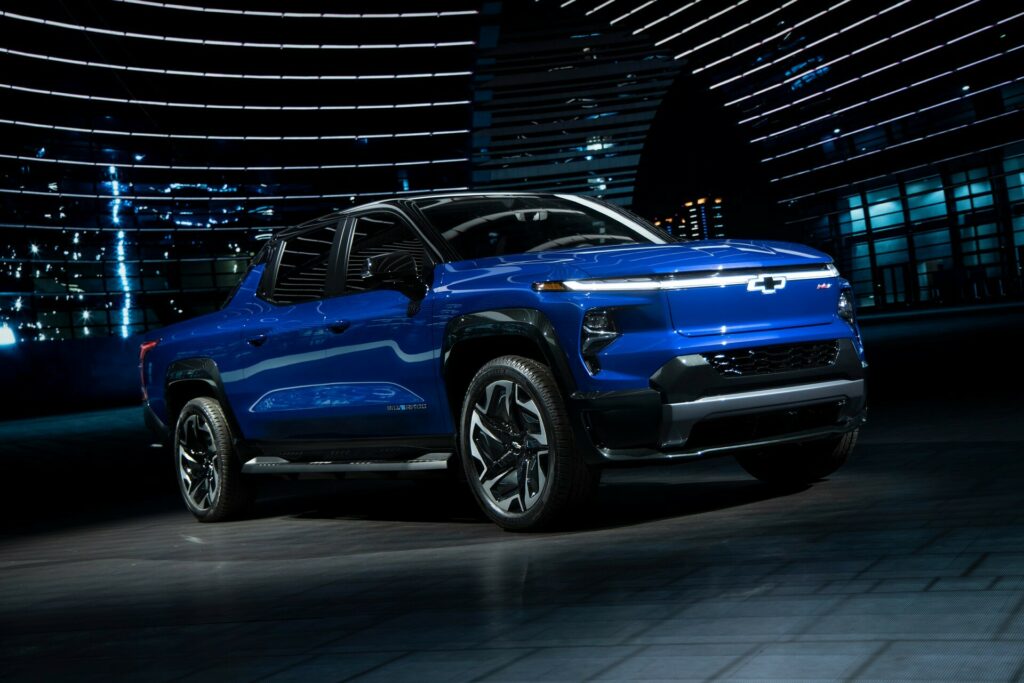GM’s Urgent Warning, California’s EV Rules Could Harm You
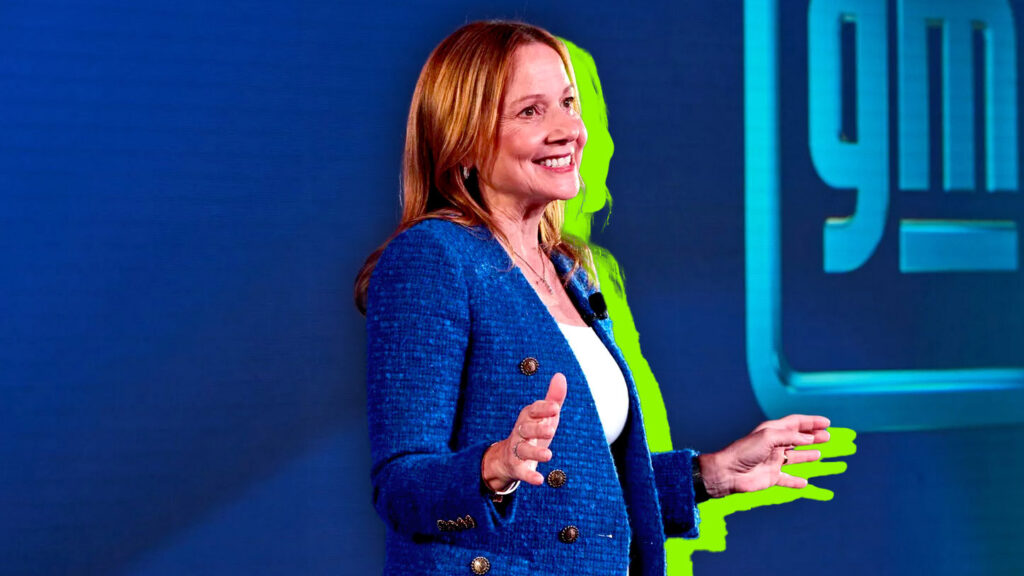
- GM wants to stop California from making its own emissions rules, saying it hurts business and limits choices.
- California plans to ban new gas cars by 2035, and other states are joining in—but not everyone agrees.
- EV sales are growing slowly, falling behind goals as the shift to electric takes longer than expected.
The path to mainstream electrification is all but inevitable. Despite that, many lawmakers are trying to slow it down. Add to that one of the automakers building thousands of EVs every year, General Motors. A newly uncovered email exposes the company as it urges employees to get political. It hopes that with enough support, the government will stop California from setting its own emission standards.
More: New Bill To Kill EV Tax Credits Will Only Benefit One Brand
The Golden State has long done exactly that. In 2022, it went as far as to tell automakers that they had a little over a decade. By 2035, it won’t allow the sale of new gas-powered cars and trucks. While that would seemingly be good for EV sales, the plan has several critics aside from General Motors.
The Golden State vs. Detroit
“We need your help!” GM said in an email to white-collar employees obtained by The Wall Street Journal. “Emissions standards that are not aligned with market realities pose a serious threat to our business by undermining consumer choice and vehicle affordability.” It’s worth noting that California isn’t alone in its thinking. 11 other states have signed up to follow the same plan. Now, GM and several lawmakers want to remove California’s ability to set its own standards and thus, cancel the ability for the other states involved.
In a statement, GM’s spokeswoman made the company’s stance clear: “GM believes in customer choice, and we continue to focus on offering the best and broadest portfolio of vehicles on the market”. That’s consistent with the automaker’s view, even when it supported California’s proposal in the past. Clearly, a national standard is in the best interest of automakers since they wouldn’t have to manage different regulations in different states.
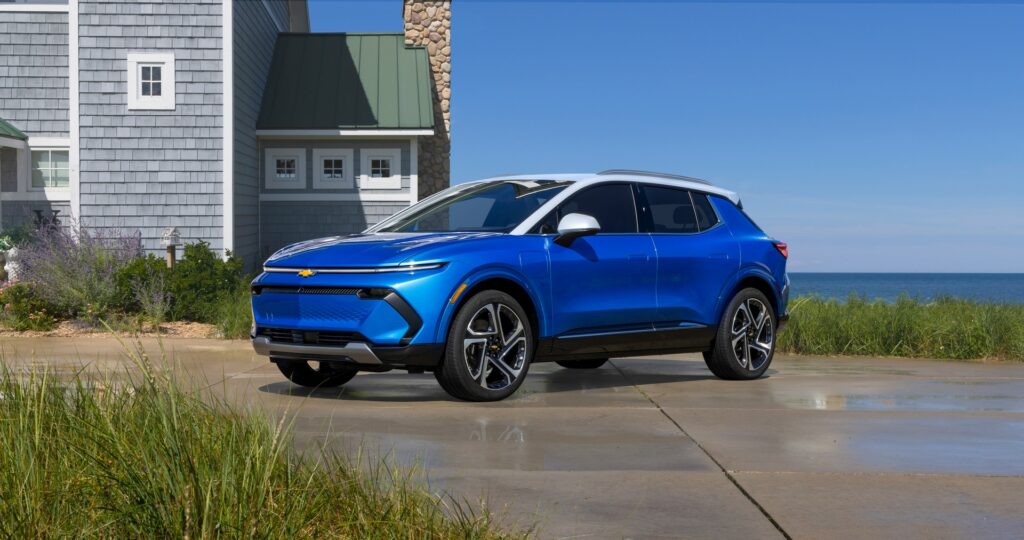
Government officials say the standards set in California are simply out of touch with reality. Data seems to back that up, too. It set a target to have 35 percent of all vehicle sales be electric in 2026. Right now, EVs only make up 20 percent of new car sales, and that’s in a place where EVs are wildly popular when compared to other states.
EV sales in North America are slower than in most places across the globe. The transition to electrification appears like a sure thing, but probably further down the road than initially expected.
